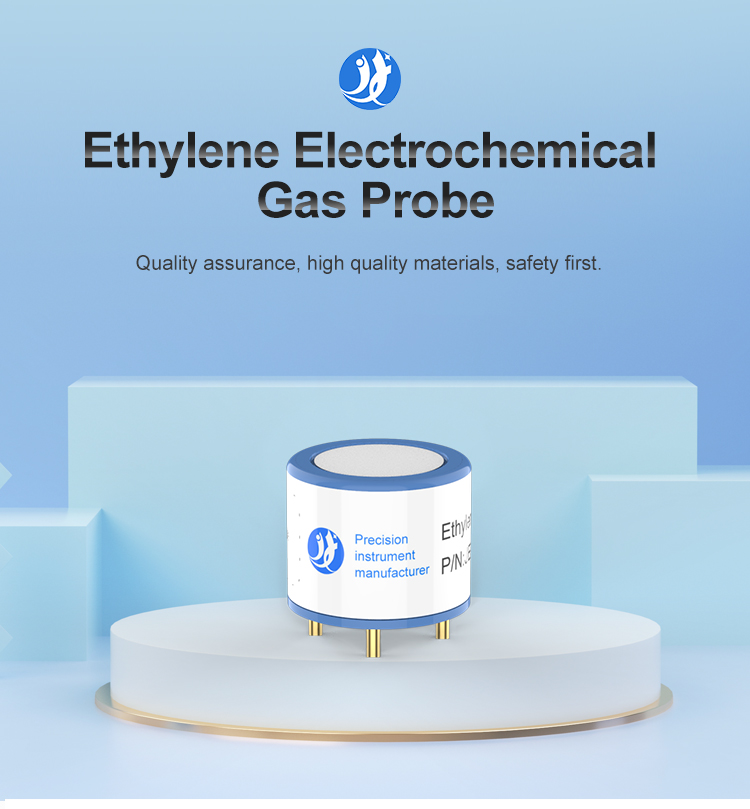Among the different types of gas sensors available, electrochemical gas sensor have gained significant attention due to their high sensitivity, selectivity, and reliability. Gas sensors play a crucial role in industries and applications by detecting and monitoring the presence of hazardous gases. This article aims to provide an overview of electrochemical gas sensors, highlighting their working principle, advantages, and applications.

How the Electrochemical Gas Sensor works
The fundamental principle behind electrochemical gas sensor involves the electrochemical reaction between the target gas and the sensing electrode. The sensor consists of three main components: a sensing electrode, a counter electrode, and a reference electrode. When the target gas interacts with the sensing electrode, it undergoes an oxidation or reduction reaction, resulting in the generation or consumption of ions. This electrochemical reaction generates a current that is directly proportional to the concentration of the target gas.

Advantages of Electrochemical Gas Sensors
Electrochemical gas sensors offer several advantages over other types of gas sensors. Firstly, they exhibit high sensitivity, allowing for the detection of low gas concentrations. This makes them ideal for applications where accurate detection of trace gases is crucial, such as environmental monitoring and leak detection. Secondly, electrochemical gas sensors demonstrate excellent selectivity, as the sensing electrode can be designed to selectively react with specific gases. This selectivity prevents false alarms and ensures reliable gas detection. Additionally, these sensors have a fast response time, enabling real-time monitoring and immediate response in case of gas leaks or hazardous situations. Moreover, electrochemical gas sensors are cost-effective and have a long operational life, making them suitable for large-scale deployment and continuous monitoring.
Applications of Electrochemical Gas Sensors
Electrochemical gas sensor find extensive application in various industries and environments. One prominent application is in industrial safety, where these sensors are employed to detect and monitor toxic gases in factories and manufacturing plants. By continuously monitoring gas concentrations, electrochemical gas sensors help prevent workplace accidents and ensure worker safety. Another significant application is in environmental monitoring, where these sensors are used to measure air quality and detect pollutants, contributing to the assessment and improvement of air quality standards. Furthermore, electrochemical gas sensors are utilized in residential and commercial settings for detecting carbon monoxide (CO) leaks, which pose a severe threat to human health. By integrating electrochemical gas sensors into CO detectors, early warning can be provided to prevent potential tragedies.
Challenges and Future Developments
While electrochemical gas sensor offer numerous advantages, they also face certain challenges. One challenge is their susceptibility to interference from other gases, which may affect their selectivity and accuracy. Researchers are actively exploring ways to enhance sensor selectivity through advanced materials and signal processing techniques. Another area of development is improving the durability and stability of electrochemical gas sensors, particularly when exposed to harsh environments or high gas concentrations. We use nano-structured materials and protective coatings to solve these problems.
Conclusion
Electrochemical gas sensor have emerged as highly reliable tools for gas detection and monitoring. Their sensitivity, selectivity, and fast response time make them valuable in ensuring safety and enhancing efficiency across various domains. With the continuous efforts of research and development, electrochemical gas sensors continue to develop. More efficient gas detection systems will be developed in the future.